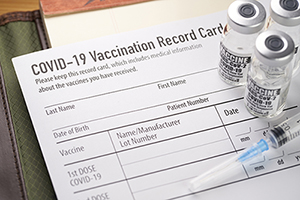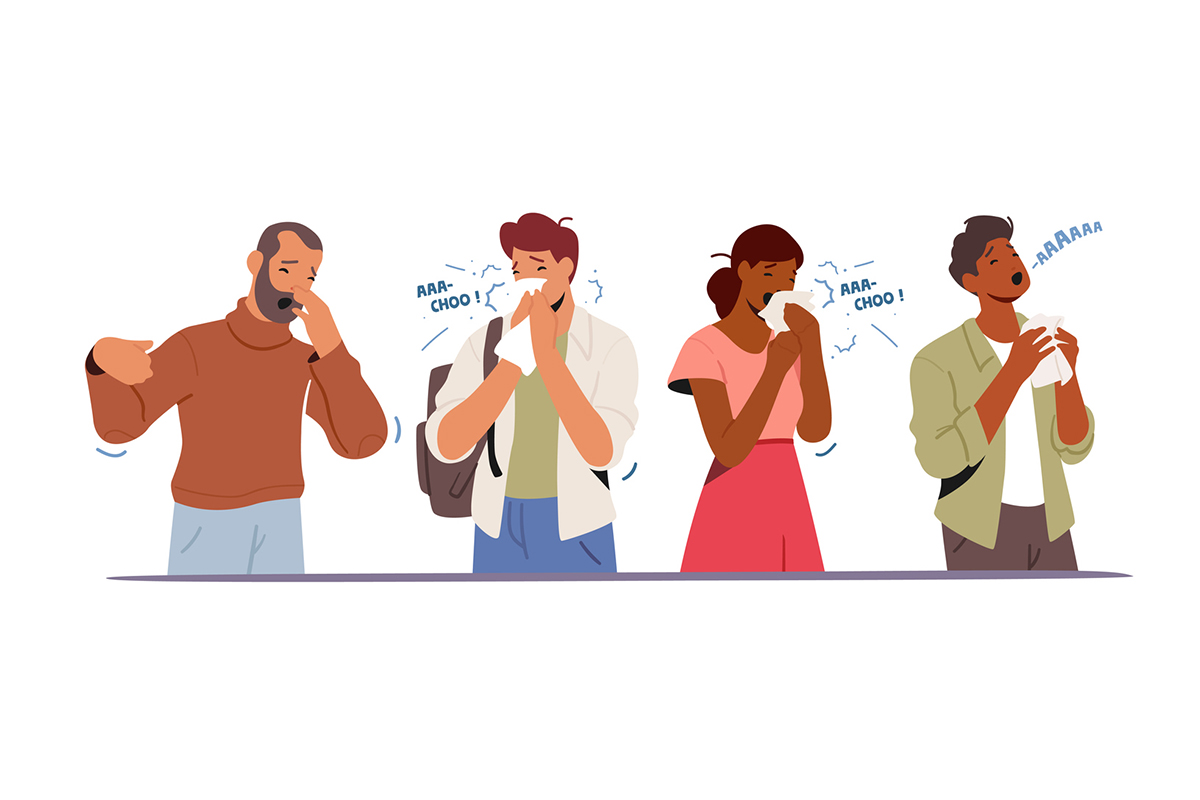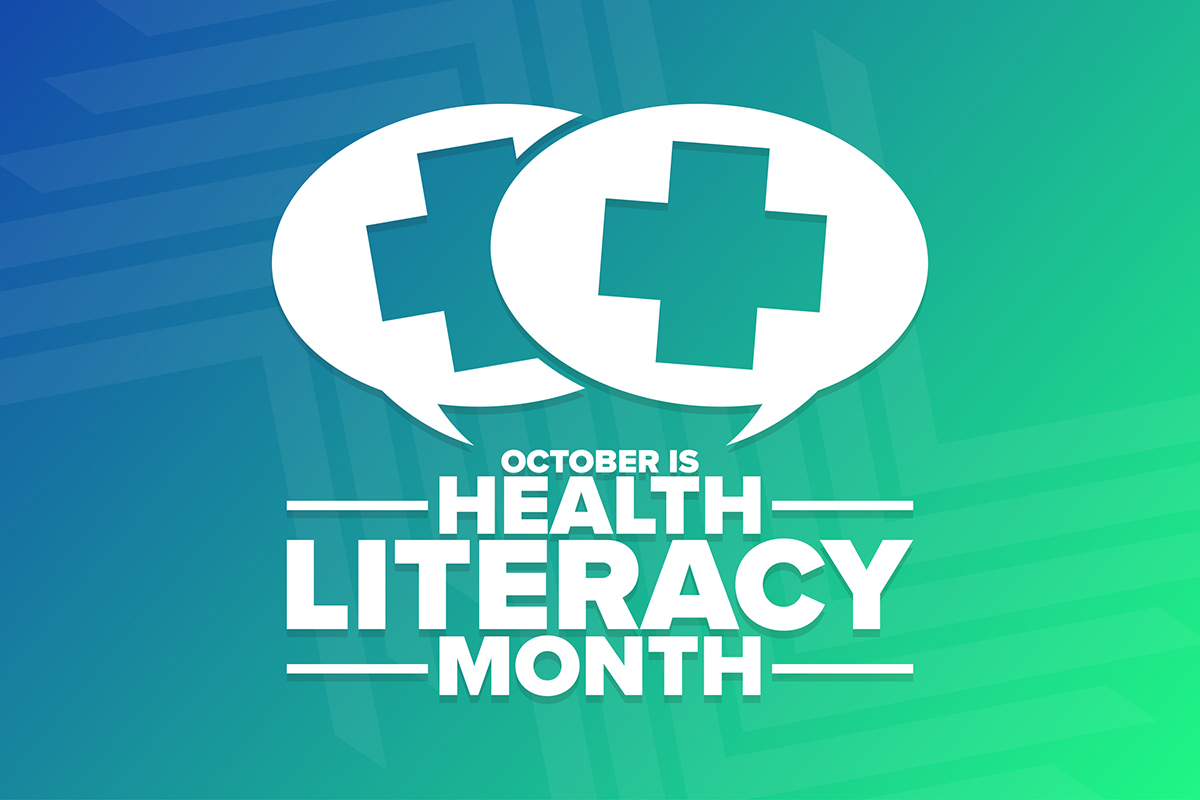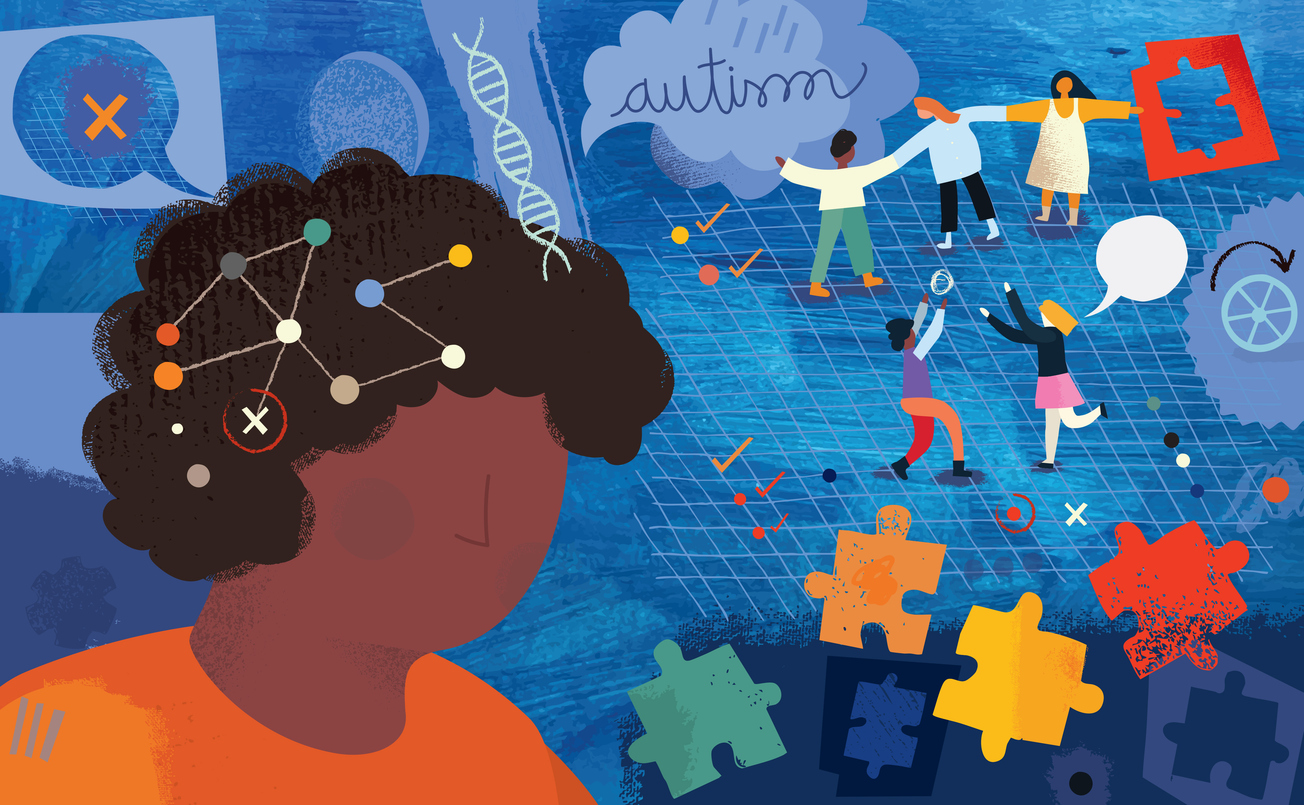It’s been a year since the pandemic started. No one could’ve predicted it, but suddenly we have an embarrassment of riches: an array of vaccine choices. There’s the two-shot Pfizer and Moderna vaccines, and Johnson & Johnson’s one-shot version just got approved and quickly rolled out. Another shot by Novavax is on the launch-pad for approval. And the Astra-Zeneca vaccine, approved in Europe and the UK, is vying for clearance here, despite some speedbumps (more later). The prospect, as the President recently boasted, is that by mid-summer there should be plenty of vaccine to go around.
Topic A during my consultations with patients these days is “Which one shall I take?” Or “Should I wait?”
It’s natural for Americans to think this way. We spend inordinate amounts of time researching, reading customer reviews, and viewing websites when buying ordinary goods like cars, bicycles, even underwear. There are so many options!
It’s not like we’re Russians shopping in “GUM” department stores with sparse shelves and generic, government-issue options. We have a dazzling cornucopia of choices.
So, it’s natural that we agonize over the decision of which vaccine to take. It’s an important and possibly life-altering decision. Which of the vaccines will have the least chance of side effects? Which will confer the most protection? Which offers the most long-lasting protection? Which stands the best chance of eluding resistance to those scary new coronavirus variants popping up in the UK, South Africa and Brazil?
Unfortunately, I have to tell patients who trust my advice implicitly that it’s kind of like predicting the winner of the Kentucky Derby on the basis of the horses’ positions at the first furlong. We had a chance to look them over in the pre-race paddock (ask any bettor if that works out well!); they lined up at the starting gate side-by-side with equal prospects of victory; they then vie for pole position and trade places over the course of the race. Some will stumble, others run out of gas, and the final victor may pull up strong from the back of the field and clinch the win. The odds-makers have even more information at their disposal than vaccine handicappers, because unlike veteran racehorses, this is the vaccines’ first reality test.
Some have said they lean toward the J&J vaccine, because it’s more “traditional”. Unlike the Pfizer and Moderna, it’s not based on targeting of the viral spike protein with novel and heretofore untested precision RNA priming of the immune system.
But the J&J vaccine is not exactly more “natural”. It harnesses sophisticated biotechnology to get an ostensibly harmless cold virus to perform like a Trojan horse to introduce spike protein RNA to the vaccine recipient’s immune system. This is how the latest vaccine candidates—including one against Ebola—were engineered prior to Pfizer’s and Moderna’s innovation of the novel platform of direct injection of lipid-encapsulated spike protein RNA.
And no, the J&J jab is not made from eggs. That method of vaccine production is so twentieth century, when it was common for supermarket egg prices to soar during flu epidemics as vaccine manufacturers cornered the market on billions of eggs to feed the flu shot assembly line. So, egg allergies are not a problem.
J&J’s vax offers the convenience of single administration, and it’s easier to store and transport, but falls short of the 90+% protection conferred by Pfizer and Moderna. But authorities dismiss the claim that it’s a second-rate option, because it’s very effective at preventing serious illness and death. And, while J&J is a brand-new vaccine, its technology has been vetted for a slightly longer time.
Still, all current vaccines rely on micro-targeting the SARS-COV-2 spike protein rather than the whole virus, which, in theory, should limit cross-reactivity resulting in autoimmune reactions. But there’s still the danger that some people will mount an aggressive response, not just to the spike protein, but to their own tissues. Besides, any type of immune activation can lead people to have allergic or inflammatory reactions. It happens with all vaccines, to a greater or lesser extent.
This hasn’t been documented in early trials, but isolated accounts have emerged of unusual sequelae in people who’ve had shots. Some of the reportage on this has been downplayed, even outright censored, so as not to impede universal uptake of the vaccines. And as with most novel drugs or shots, it’s only in post-marketing studies, where millions of doses are administered, that problems come to light.
Now the Astra-Zeneca shot has been paused in several countries due to a cluster of people suffering blood clots after vaccination, though the The World Health Organization (WHO) maintains it’s fine. Many European countries are highly dependent on the Astra-Zeneca shot, having not diversified their supply chains with alternatives. Faced with serious delays in immunization and mounting cases, they’re forging ahead.
Astra-Zeneca is still awaiting FDA’s emergency authorization in the US, and it’s said that stockpiles of their shots are languishing unused in warehouses stateside. It may be that what appear to be side effects are just random occurrences among the millions who got shots, but it’s certainly a caution flag. And hushing up injuries will just stoke vaccine hesitancy, which is already pretty pervasive.
Many questions remain. Is it appropriate to give the vaccine to people who have already had COVID-19 (or tested positive for antibodies to it)? Many scientists question the need for this, since immunity may be long-lasting and robust for most people. Or will it remain so 6 months or a year hence?
Moreover, is there a chance that Antibody Dependent Enhancement (ADE) will result in serious side effects for people who’ve had COVID-19 whose immune systems are already primed for reaction to the spike protein RNA? Yet the official policy, characteristically unnuanced for government messaging, is that everyone should get the jab.
Additionally, should people with certain medical conditions forego the shots? Specialists who treat autoimmune diseases like multiple sclerosis and lupus are divided on this question. Some honestly believe that the benefits outweigh the risks. They argue, plausibly, that the dangers of COVID-19 are substantial for patients with autoimmunity; others are concerned that the vaccine may prompt disease flares.
Do teenagers and 20-somethings need it? They’re the least likely to suffer hospitalization and death from the virus, but public health officials want them to get it to curb the spread to others.
Finally, there’s concern about variants. It would be disappointing to the many early adopters who struggled through unwieldy websites to score cherished vaccine slots, then queued up in line for hours in freezing temperatures outside mass-inoculation facilities to discover, come fall, that the shots they received offer meager protection against new resistant permutations of the virus. There’s a real possibility of this, and there’s no way to predict which of the current vaccine options will best stand the test of time.
It all boils down to this: Getting the vaccine, like most things in life, is a risk/benefit equation. A complex calculation, because so many variables are in flux, that it’s impossible to pin down with mathematical precision. For many, it’ll be a personal judgment call, dictated by preference, availability, emerging facts, and intuition.
Perhaps vaccine acceptance would be greater if their promotion was not disingenuously couched in terms of “unity” or “patriotism”, or if authorities weren’t so reluctant to concede that vaccines might allow us to return to normalcy, or if contrarian views weren’t so actively suppressed.








